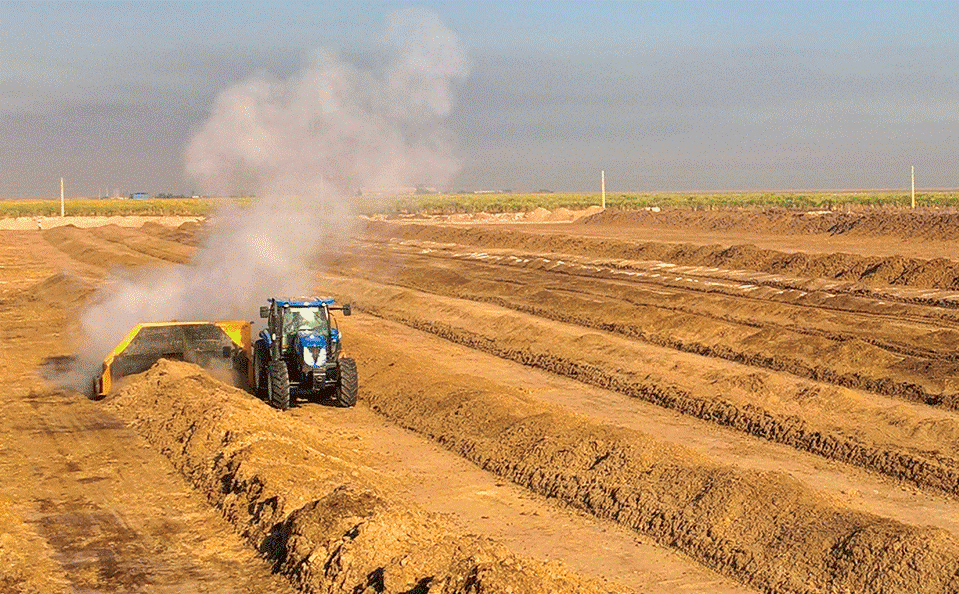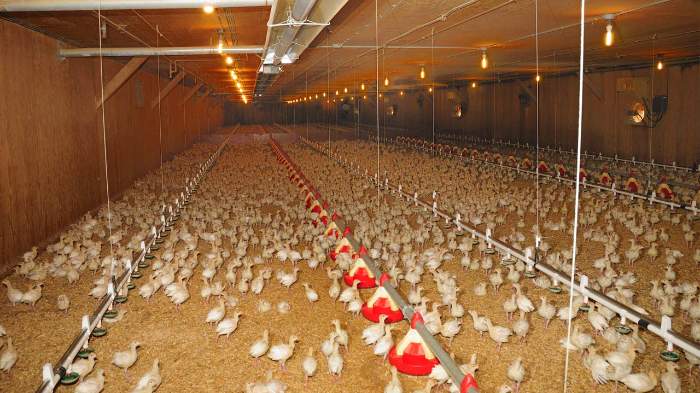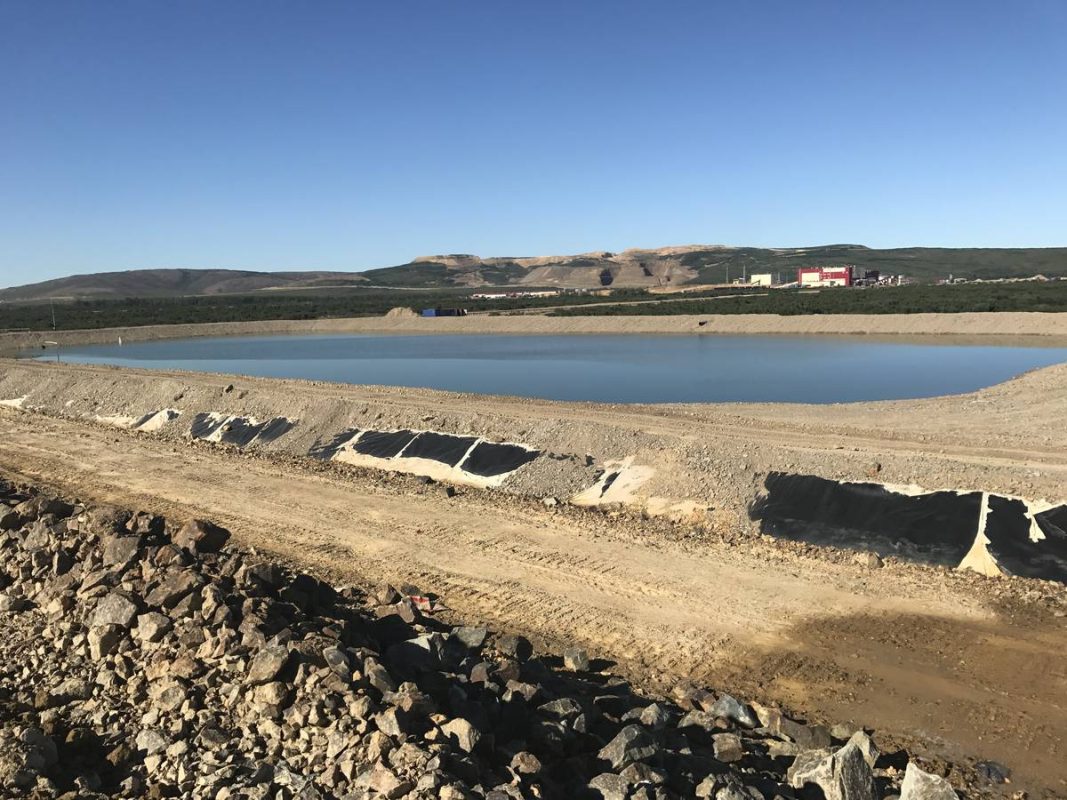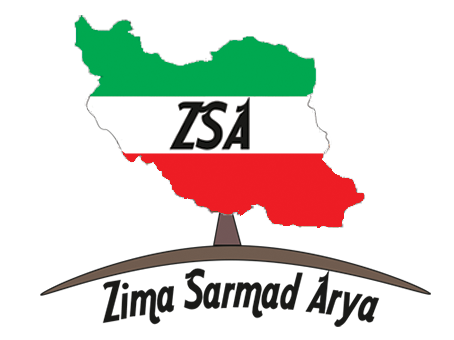Livestock Waste Management
Proper management of livestock waste is one of the main pillars of agricultural sustainability and reducing the environmental impacts of livestock farming. Our goal is to transform these bulky and sometimes polluting materials into valuable products that can be used in agriculture and industry. In this path, we follow three main approaches:
1. Manure Processing
Raw livestock manure, if left untreated, leads to unpleasant odors, contamination of surface and groundwater, and greenhouse gas emissions. By using modern technologies such as:
-
Mechanical separators to separate solid and liquid fractions,
-
Anaerobic digestion to produce biogas and nutrient-rich liquid fertilizer,
-
Aerobic composting to produce stable, odor-free organic fertilizer,
we enable the conversion of livestock waste into renewable energy and high-quality fertilizers. This process not only addresses environmental challenges but also generates income for farmers.

2. Poultry Waste
Waste from poultry farming, due to its specific chemical composition (high nitrogen and phosphorus content), can become a serious source of water and soil pollution if mismanaged. Our solutions include:
-
Drying and granulating poultry manure to produce export-grade organic fertilizer,
-
Blending with crop residues to balance carbon and nitrogen for stable compost production,
-
Using anaerobic technologies to generate biogas and energy,
which, in addition to solving environmental problems, creates new commercial opportunities.

3. Manure Lagoons Management
Manure lagoons are commonly constructed in large-scale farms to store liquid manure. Without proper care, these lagoons can become sources of foul odor, harmful gas emissions, and water contamination. Our key solutions include:
-
Lining lagoons with durable membranes to prevent leakage,
-
Capturing and utilizing methane gas as a source of renewable energy,
-
Implementing treatment and recycling systems to use effluent water for green spaces and agricultural lands,
so that these lagoons can be transformed from an environmental threat into an opportunity for producing energy and reclaimed water.
✅ By implementing these three integrated approaches, livestock waste can be transformed from a major environmental challenge into a valuable economic and agricultural resource.

